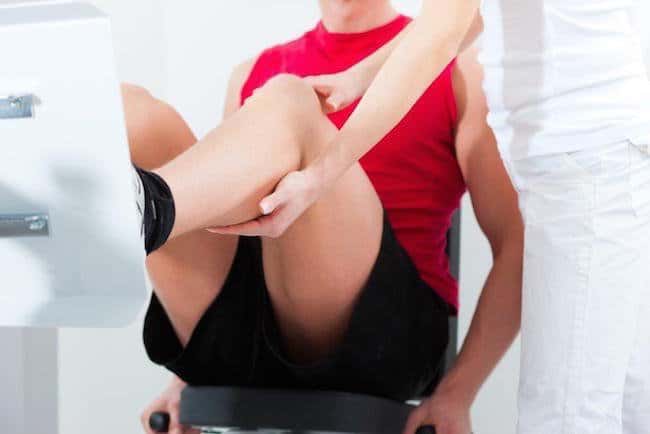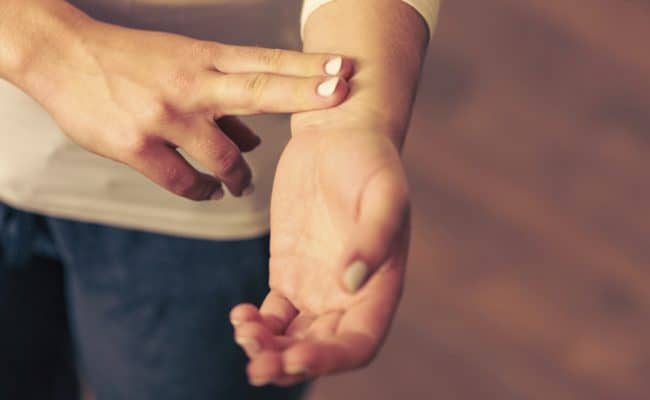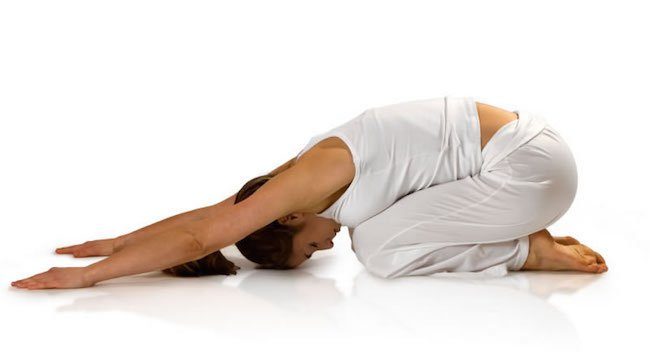
I recently attended and been part of a couple of conferences in the UK, themed ‘Exercise is Medicine’. The aim of these events was to raise awareness and promote the role of exercise and physical activity in the prevention and treatment of diseases.
The ‘Exercise is good for you’ phrase is thrown around all the time. Your doctor will tell you, the teacher in the school will tell you, the active friend, the government initiative and campaign, the article in the newspaper and so on, everybody will say the same thing…
What however is less preached is that ‘No-exercise’ is bad for you. Exercise is a lot more than just keeping in shape or being fit and it’s not the added extra to health. In all surprise exercise is part of ‘health’ and can have a number of medicinal roles.
Note: Exercise and physical activity can mean 2 different things however solely for the purposes of this article the terms are interrelated.
Fat V fit
The obesity epidemic is well publicised and article after article has raised awareness about the health consequences of being overweight and/or obese. What about being unfit?
Apparently it is as important and as some studies argue, at times it can be more important. Prof. S. Blair from University of South Carolina argued that physical inactivity was more important than obesity as a public health and that the ‘unfit’ are 5 times more likely to die prematurely.
On the same note The Lancet published on 2012 supported that 6-10% of non-communicable diseases is attributed to physical inactivity.
Some scientists do argue that it is better to be fit and overweight rather than thin and unfit. I will not go as far as taking out the importance in keeping a healthy weight. Being physically active is not the excuse in not looking after what you eat or your weight. There is still a lot of research to be done in many areas and as I always say it is a lot more complicated than black and white.
Arthritis
Approximately 2/3 of those suffering with rheumatoid arthritis also suffer from rheumatoid cachexia, which is loss of muscle mass. Rheumatoid arthritis alone or in combination with muscle loss can have detrimental effects into general health and increase the risk of mortality.
Often people who suffer from rheumatoid arthritis avoid intense exercise. Fear of pain can be one reason and not knowing about exercising is usually the other most common. Sufferers with rheumatoid arthritis are advised to keep moving so they can sustain their mobility for as long as possible and avoid stiff joints but often they are not given exercise specific advice.
But what about taking on progressive resistance training? Standard conventional treatment doesn’t appear to prevent cachexia in rheumatoid arthritis and drug therapies do not seem to increase outcomes.
However, studies on progressive strength training do seem to return positive outcomes and increase muscle mass. In addition, studies do not show any reports that exercise increases pain.
Anti-aging properties
Exercise will keep you young! This has a number of medicinal benefits but most of all it is a natural way to keep looking young and fresh! Ok a little bit vain I admit. Exercise has a number of anti-aging properties indirectly via improving the cardio-respiratory systems, oxygen delivery to the tissues and so on.
Studies however have suggested that exercise actually acts on a molecular level and it can delay cell aging and death.
One way exercise can affect the aging of cells is by protecting the DNA end part, called telomere, from shortening. These end DNA parts are the ones which essentially protect the DNA (our genetic code).
Shortening of telomere will take place with aging (in very simple words) and excessive of shortening will lead to cell death. Exercise is believed to slow down the DNA end shortening and essentially keeping the cells young.
Another way exercise affects the cells is from protecting them from ‘oxidative stress’. Although exercise actually induces oxidative stress, studies suggest that this has a protective effect.
In simplified words cells will adapt to this exercise induced ‘oxidative stress’ and thus be able to cope with it better. Oxidative stress is connected with aging which as a result gets slows down.
Mental health
Mental health is not always a visible disease it’s often forgotten and overlooked. Nevertheless it can be as debilitating as other diseases and it is estimated to affect 450 million people in the world and 1 in 6 individuals will develop depression at some point in their lives.
Medication treatments for mental health conditions are often associated with development of chronic diseases such as weight and metabolic dysfunctions, diabetes and cardiovascular conditions which further increase the risk of mortality. Effective treatment or even better effective form of prevention would be very important.
Research has long shown evidence that aerobic exercise to help in reducing anxiety, stress and depression. There are a few hypotheses on how this is done. Some theories concentrate on the direct and indirect physiological effects and others on psychological parameters such as distraction and social interaction.
In general, exercise can help in improving mood, self-esteem, reducing anxiety and depression and cognitive function. These are only a few of the many benefits of exercise on mental health and it is definitely a route worth taking.
Immune system
Although it is generally supported that exercise boosts the immune system if over done it has the opposite effect. During and shortly after a bout of intense exercise the immune system tends to be suppressed.
According to the British Association of Sports and Exercise Science (BASES) the immune system is suppressed 3-24hrs after acute bouts of exercise lasting 1.5hrs or longer. In addition, intense training at the elite athletes level is believed to cause an almost absence of immunity (immunodeficiency).
However, regular moderate exercise can lead to reduced incident of infections. The mechanisms are not fully understood and as in most things different things play a role in the immune boosting effect of exercise. In general studies have shown that those who take regular moderate exercise tend to report less colds and infections.
Conclusion
Apart from the areas mentioned above, exercise can have positive effects to almost every body system. Addition of exercise in daily life can improve health, protect from disease and improve wellbeing.
However, what is even more important is that lack of physical activity can actually kill. So although exercise is medicine and in many cases inexpensive, is not something to think about only when we need a treatment but is something which it should be part of our life same as food and drink and air.
References used in this article











Allana Williams says
A workout is a very good medicine for the body and mind. Shed calories and prevent arthritis and aging. I like these!
Alex (Calorie Secrets Admin) says
Hi Allana
Very well said! I agree with you 100%